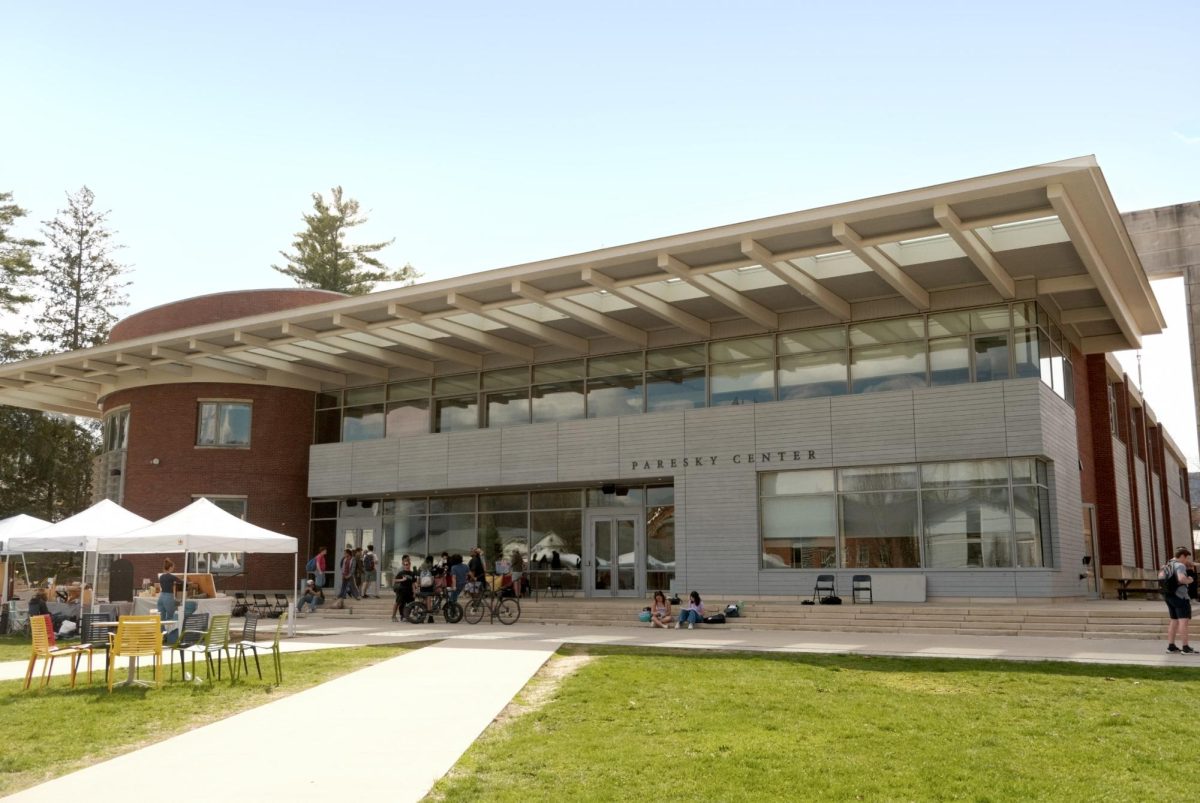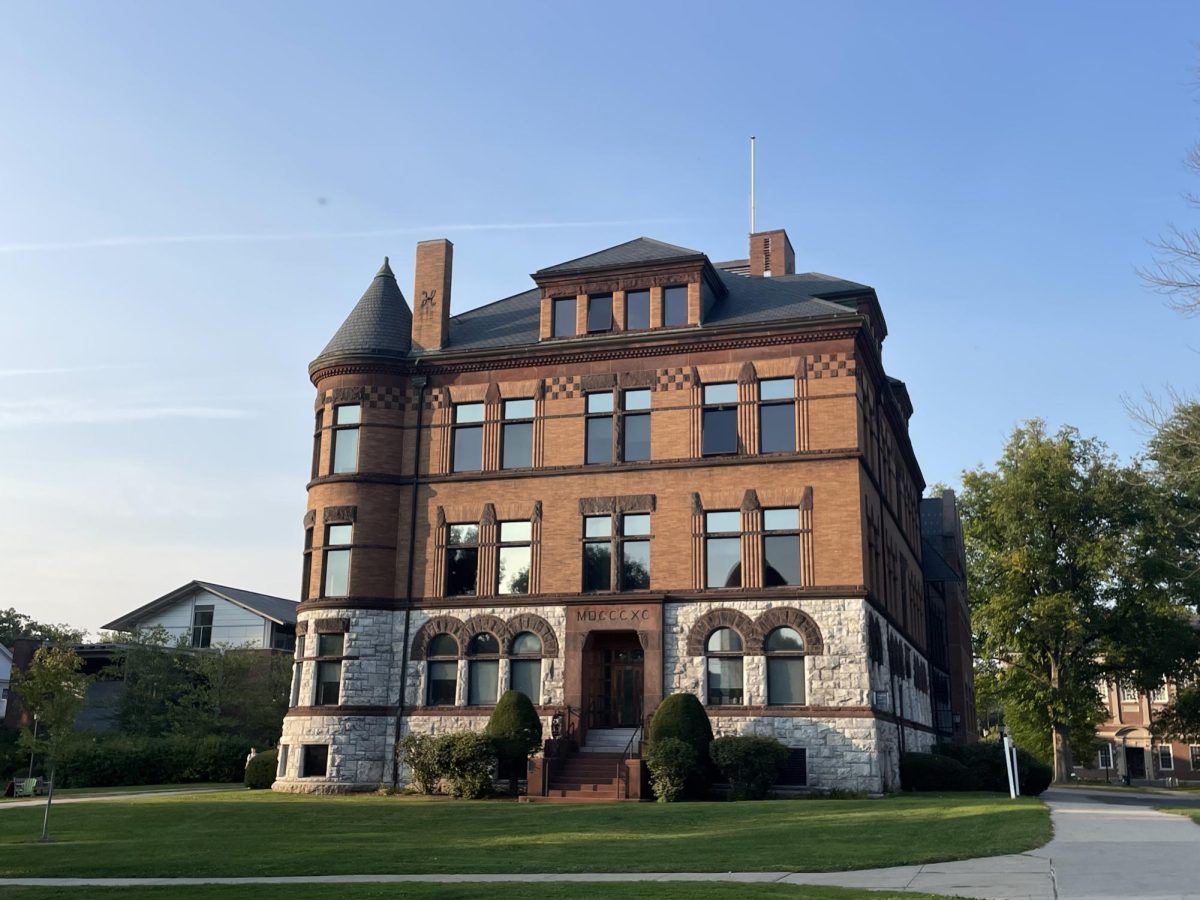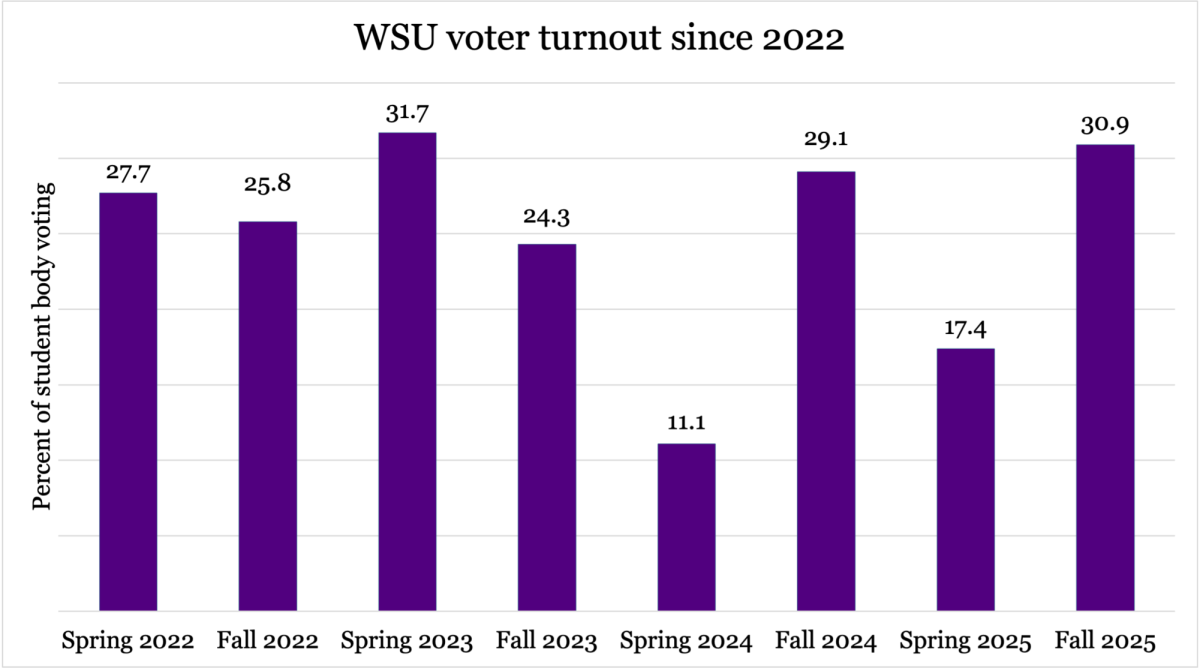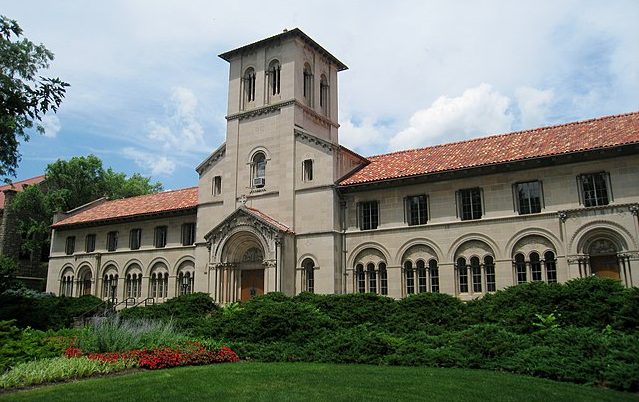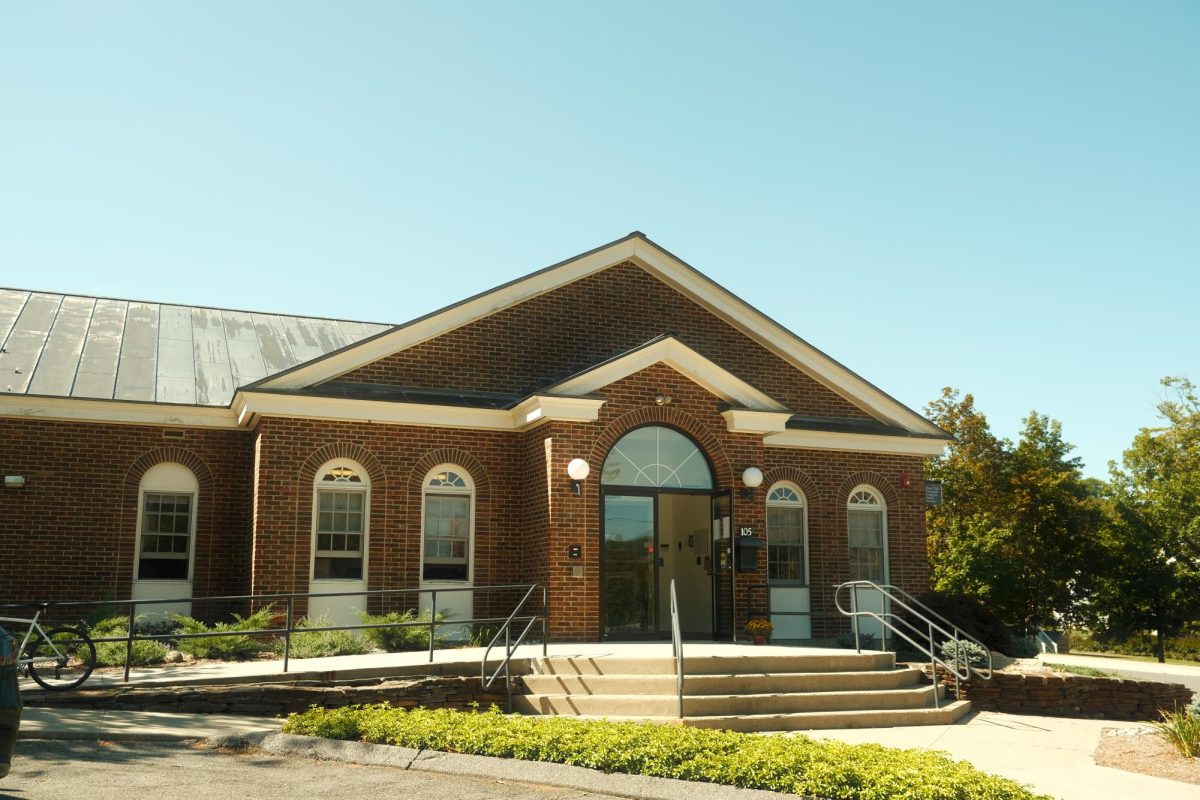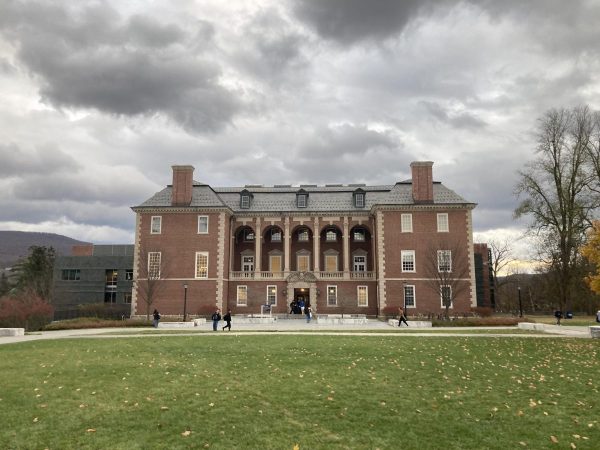
The Honor and Discipline Committee passed several changes to its procedural bylaws and committee practices on Monday through a vote. The committee increased the necessary number of members present to hold a hearing from five to six, included language in the bylaws describing the statement of confidentiality, and mandated that committee members consult the senior associate dean of students if they plan to study away.
The committee’s bylaws previously stated that a minimum of five students must be present to hold a hearing — a policy in conflict with the honor code that students sign at the beginning of the year, which requires three quarters of the committee’s eight students to be present. In September, a Record investigation found another discrepancy between the committee’s bylaws and the honor code. The bylaws — which were first passed in May 2023 — stated that the committee could use a simple majority, rather than the three-quarters majority demanded by the honor code, to recommend a sanction, leading to harsher penalties for multiple students found responsible for violating the honor code. After the mistake was found, the committee amended the bylaws to be in line with the honor code in spring 2024.
Sam Sidders ’25, a student co-chair of the committee, said that the second motion to amend the bylaws arose at the beginning of the semester after Sidders and Harper Treschuk ’26, the other student co-chair, met to review the bylaw documentation.
“There wasn’t any explicit catalyst,” Sidders said. “Harper and I realized these three things should maybe be added, so we drafted language and sent everything out for a vote.”
Treschuk told the Record that all accused students have been required to fill out a form in advance of their hearings, in which they are asked if they are comfortable proceeding with the hearing if fewer than six members of the committee are present.
Despite the updated bylaws, the form will still ask that question to students, as in certain circumstances the committee needs the flexibility to hold a hearing with fewer than six students, Treschuk said. Last year, for example, a case was brought to the committee involving a senior student the week before graduation. Given the time constraints, fewer than six members could attend the hearing.
While the committee’s bylaws previously stipulated that the contents of hearings must remain confidential, the update made on Monday specifies that a committee member must not share the identities of participants, any identifying information, and all proceedings of the committee. While the practice was just formally enacted in the bylaws, the committee has read out confidentiality statements at the beginning of hearings for a long time, Treschuk said.
The final addition to the bylaws requires students who wish to run for the Honor and Discipline Committee and who are considering studying away to consult the senior associate dean of students, a position currently filled by Rachel Bukanc, since all of the committee’s hearings are in person beginning this fall. Between fall 2022 and spring 2024, the committee hearings were held both virtually and in person. Though students who were studying away could still serve on the committee, Sidders told the Record that committee members had faced several challenges, including internet connectivity problems and issues with distractions on their computers.
In addition to the committee’s vote on its bylaws, it updated its procedural practices at the beginning of the semester to allow accused students to outline their version of events and indicate if they were admitting or refuting an honor code violation, in full or in part, on the pre-hearing form, Treschuk said. In the past, only professors would submit a form to describe the alleged honor code violation. Although committee members provided input on the update, the change was made without a committee vote because changes in their practices not specifically governed by bylaws are ultimately decided by the student co-chairs, the faculty chair, and the senior associate dean of students.
In addition to the bylaw adjustments, the Honor and Discipline Committee held its first-ever full-day training session for new members on Oct. 21. Alongside anti-bias training, a standard part of the committee’s training for several years, Office for Information Technology (OIT) spoke to committee members about how to detect the use of artificial intelligence (AI) on academic work, as the committee sees a rise of violations regarding the technology. Committee members also ran through a mock case, which included a plagiarized essay and an essay generated using AI. The materials for the mock case were prepared by Associate Professor of Philosophy Justin Shaddock and Bukanc.
Sidders, who is now serving her fourth year on the committee, noted that the training day was a big development from her first year on the committee. “When I joined as a freshman, there was no training,” she said in an interview with the Record. “I just showed up to the first hearing, and they were like, ‘You’ll catch on.’”
“It’s good to get a feel of how people’s brains work before you’re actually in the first hearing,” Sidders added.
At the end of the training session, committee members also voted to maintain last year’s baseline sanction for students found to have violated the honor code as a failure in the assignment and one full letter grade reduction in the course. The baseline section is the typical sanction given by committee members for the most common honor code violations.
Correction: A previous version of this article stated that the bylaws added a required statement of confidentiality for members to sign before hearings. Committee members already signed the statement of confidentiality at hearings, and the bylaws simply introduced language describing the statement. The article was updated on Nov. 24 at 6:30 p.m. to reflect this change.









